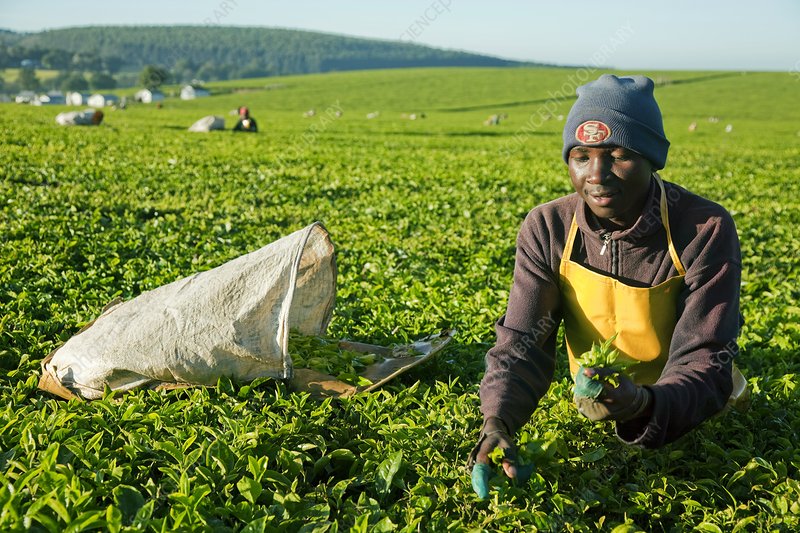More than 51,000 smallholder farmers, mainly tea growers in Kirinyaga and Embu counties, are set to benefit from a six-month sustainable agriculture training programme under the Mount Kenya Sustainable Landscape and Livelihoods (MUSULLI) Project.
The initiative, themed “Pesa Mfukoni” (Money in the Pocket), is designed to equip farmers with practical skills in agribusiness, diversification, financial management, human rights, and environmental conservation. Over 20,000 farmers have already undergone training in collaboration with local tea factories, with the aim of reducing overreliance on tea and coffee.
The training focuses on four key areas:
- Gender inclusion and human rights
- Diversification into alternative ventures such as beekeeping and avocado farming
- Agribusiness management and financial literacy
- Home economics to strengthen food security and nutrition
Organisers highlighted the urgency of adopting sustainable farming methods, noting that climate change threatens to reduce the land available for tea and coffee production. Farmers are encouraged to diversify their sources of income, embrace eco-friendly practices, and position themselves for long-term resilience.
Each participating tea factory is set to receive a Sh1 million revolving fund to support farmer-led projects. Some factories are already making progress: Thumaita Tea Factory has invested in beekeeping, Kathangarii Tea Factory is exploring tea packaging initiatives, and Ndima Tea Factory is spearheading avocado farming with 28,000 Hass avocado seedlings prepared for distribution. Farmers will also be linked to reliable markets to ensure sustainability of these ventures.
Local farmers are beginning to see results. Many have launched new income-generating activities alongside tea, giving them financial stability even during times of low market prices. The programme is particularly empowering women and youth, who make up a significant share of participants, underscoring their potential in shaping the future of agribusiness.
By promoting diversification, modern farming practices, and environmental stewardship, the MUSULLI Project is building stronger livelihoods in the Mt. Kenya region. The programme continues to expand, preparing future generations of skilled farmers while reducing poverty and strengthening household development.

